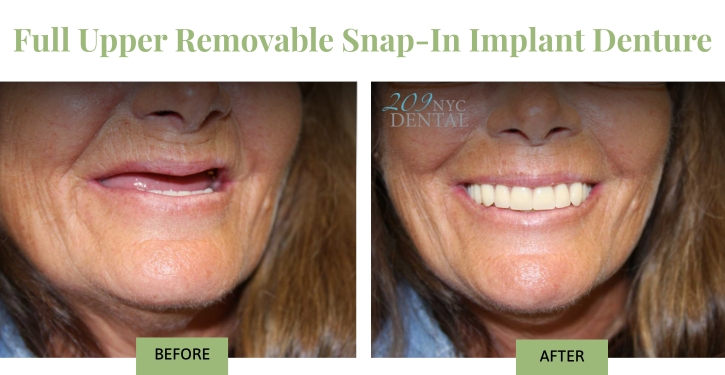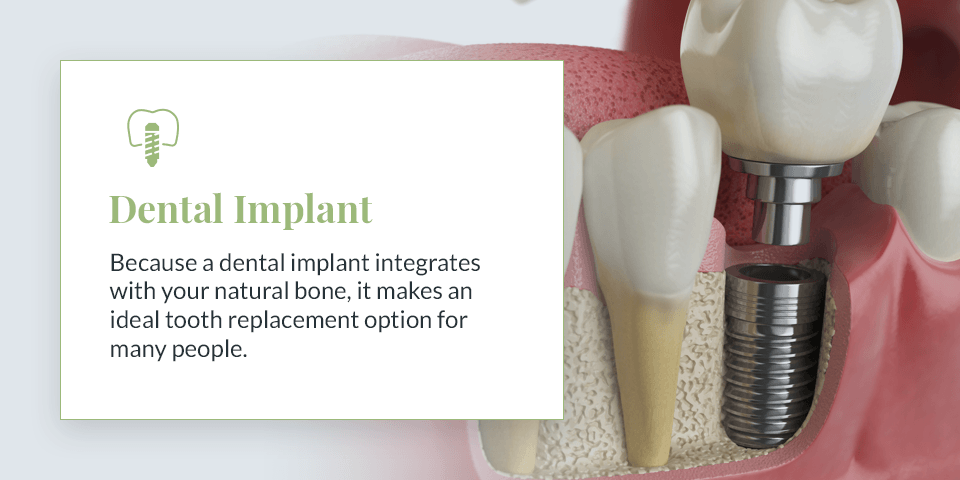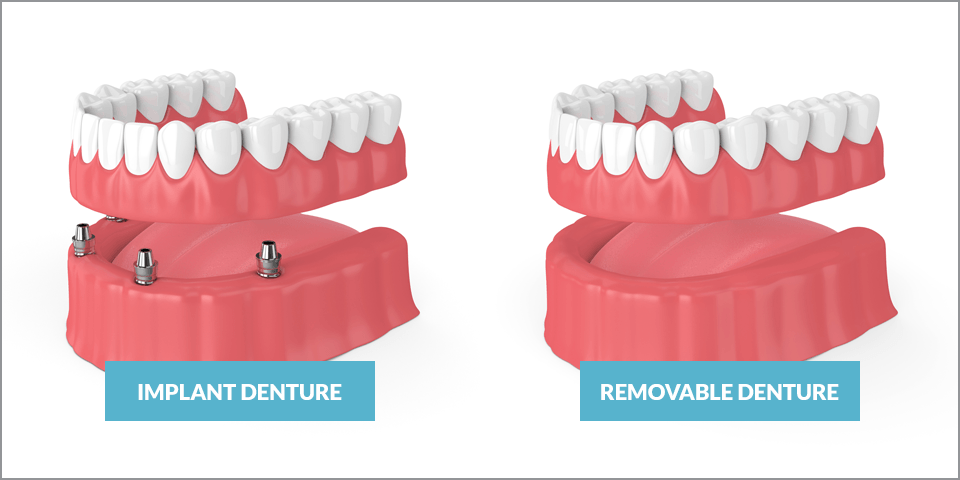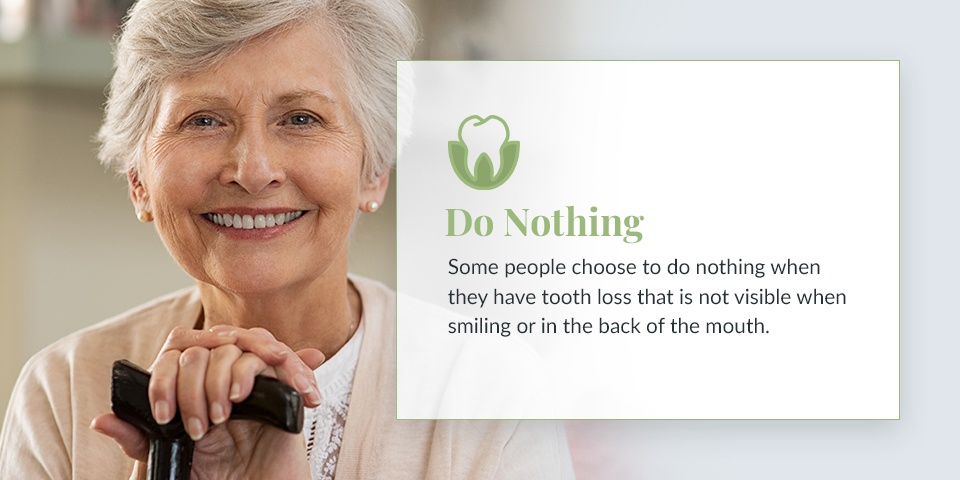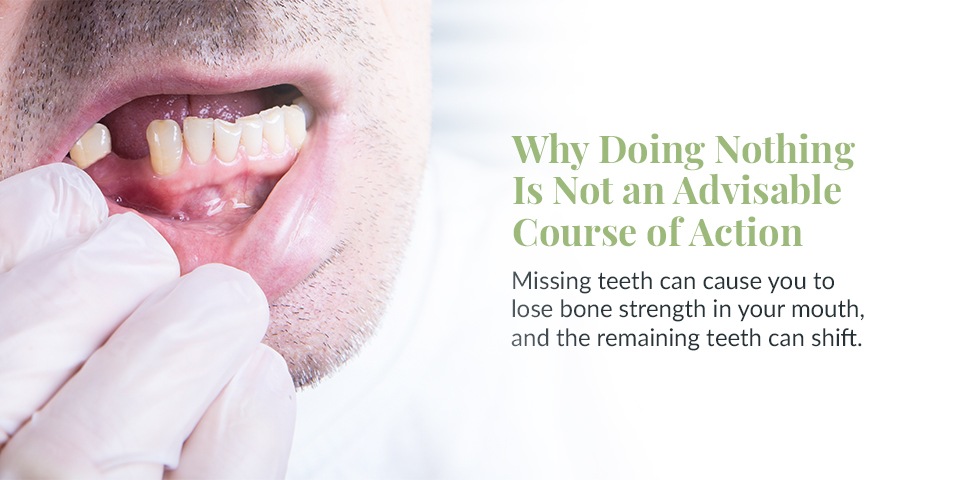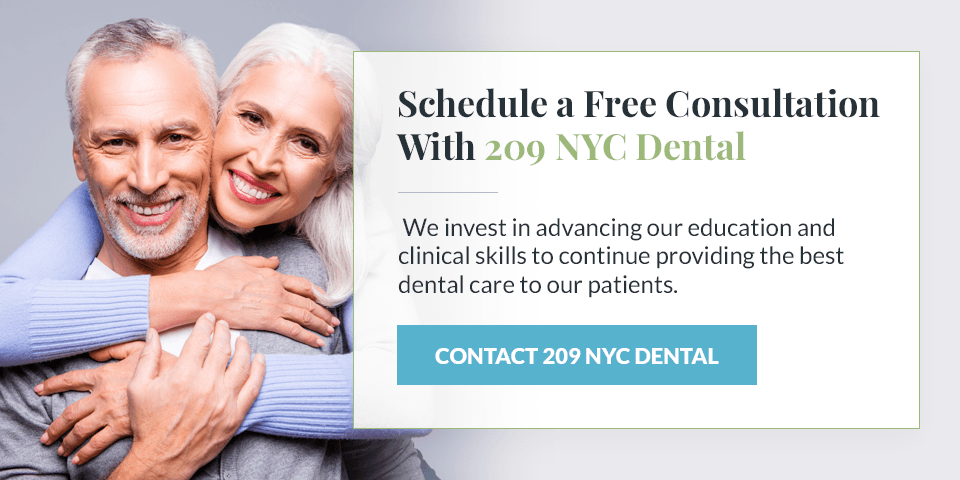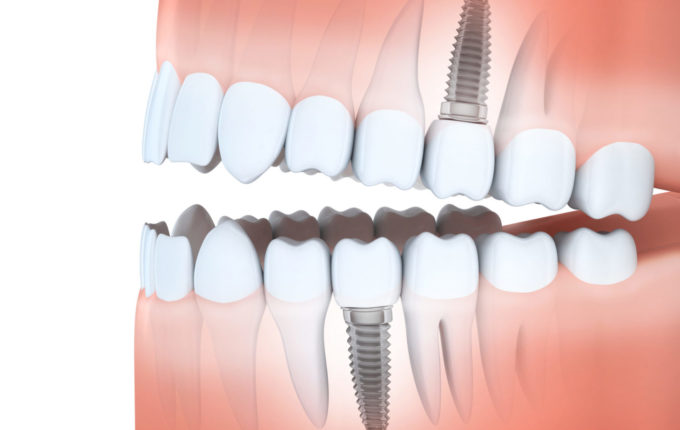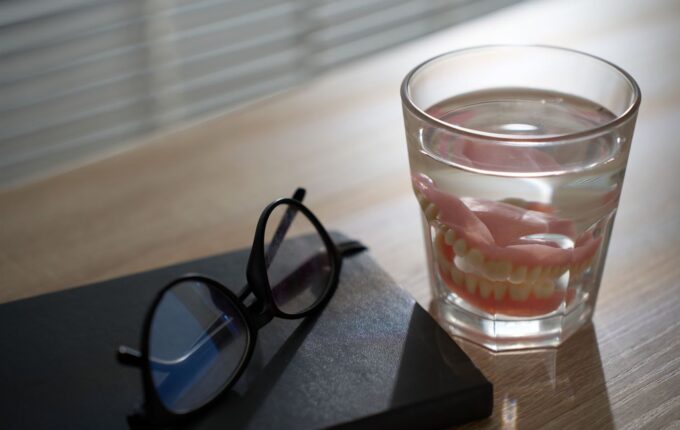Best Options to Replace Missing Teeth near You in New York City
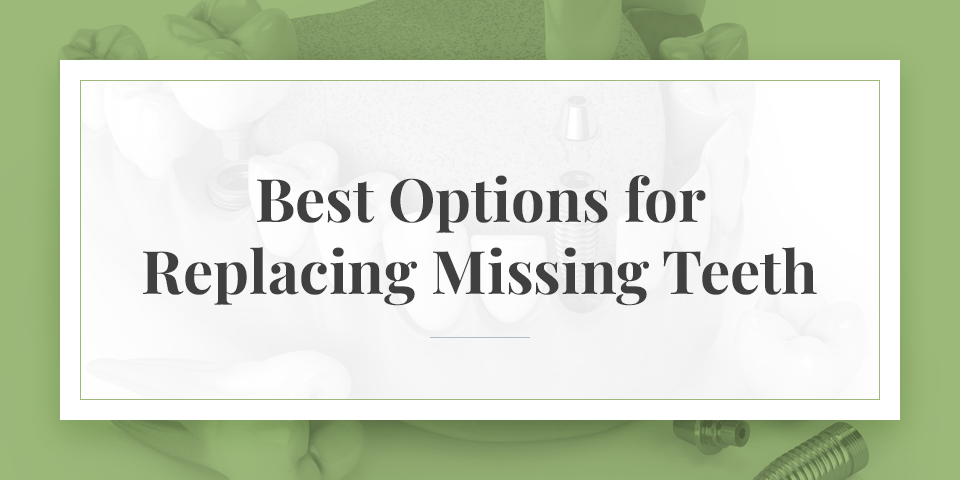
Missing one or more teeth? You’re not alone — millions of adults experience tooth loss due to decay, gum disease, injury or aging. But today, there’s no reason to live with gaps in your smile or compromise how you chew, speak or feel about your appearance regardless if you are missing multiple missing teeth, a single tooth or a full arch.
Key Takeaways
- Multiple Treatment Paths: Choose based on how many teeth you’ve lost — single, multiple, or full — and whether you prefer implant or non-implant options.
- Implants Offer Permanent Results: Dental implants preserve bone and look and feel like natural teeth.
- Non-Implant Alternatives Available: Bridges, dentures, and flippers offer non-surgical, budget-friendly solutions.
- Same-Day Options in NYC: Immediate solutions like flippers and temporary restorations can help you smile again fast.
Why Replace Missing Teeth?
Tooth Loss Statistics by Age — and Why It Matters
| Teeth Lost | Age Group | % of Population with Tooth loss |
|---|---|---|
| All natural teeth present | Adults 20–64 | 49 % |
| Moderate Tooth Loss (8 teeth missing) | Adults 65+ | 26 % |
| Completely Edentulous (All teeth lost) | Adults 65–74 | 11 % |
| Completely Edentulous (All teeth lost) | Adults 75+ | 20 % |
Replacing lost teeth isn’t only about aesthetics. A missing tooth leaves a space that allows adjacent teeth to drift out of position, creating bite misalignment and a crooked smile. Over time, the jawbone beneath a lost tooth resorbs because it lacks stimulation, compromising the support for neighboring teeth and facial structures. Replacing missing teeth promptly helps prevent bone loss, preserves facial contours and makes chewing and speaking comfortable again.
Replacing lost teeth promptly also eliminates the empty space that collects food debris and makes it harder to clean around your existing teeth.
Don’t let a missing tooth impact your health and confidence. Take the first step to protect your smile and jawbone today.
Treatment Options to Replace Missing Teeth in NYC
At 209 NYC Dental, we offer a full range of treatments to replace missing teeth — from single tooth implant to bridges to full-arch solutions like implant-supported dentures — tailored to your needs, goals and budget. To best understand we categorize your treatment options into two major paths:
- By method:
- By number of teeth missing:
Each path includes affordable options, same day tooth replacement (in qualifying cases), and both permanent and removable solutions.
Feeling overwhelmed by the options? Let our experts simplify it for you. A quick consultation can map out the perfect path for your smile.
Options to Replace Missing Teeth with Implants
Implant-based restoration is ideal if you are looking for long-lasting, stable, and natural-feeling solutions. These options provide often non-removable permanent solution that can restore anything from a single missing tooth to a full jaw.
1. Dental Implant & Implant Crown →
A dental implant topped with a crown is widely considered the best single‑tooth replacement because it replaces both root and tooth. It integrates with your jawbone to prevent bone loss and provides a natural look and feel.
Best for: replacing one missing tooth; patients with adequate bone.
Pros: permanent; preserves jawbone; looks and functions like a natural tooth.
Cons: higher upfront cost; requires minor surgery.
A single implant crown restores one missing tooth using a titanium post placed in the jawbone and a custom-made crown placed on top. It’s the most stable, long-term solution available.
2. Implant Supported Bridge →
Used to replace two or more adjacent missing teeth, it is anchored to dental implants rather than natural teeth. It provides strong bite force, prevents bone loss, and doesn’t require grinding down healthy teeth.
Best for: gaps of two or more teeth.
Pros: avoids grinding down healthy teeth; stable and long‑lasting; prevents bone loss.
Cons: costlier than a traditional bridge; requires surgery.
3. Snap-In Implant Dentures →
Also known as implant overdentures, they snap onto 2–4 implants, offering improved stability compared to a conventional denture while remaining removable for easy cleaning.
Best for: patients missing most or all teeth who want better retention without the expense of a fixed bridge.
Pros: more secure; preserves some bone; cost‑effective middle ground.
Cons: must be removed nightly; still covers the palate.
4. All-on-4 / All-on-6 Dental Implants →
These fixed implant supported dentures use four or six dental implants to support a full arch denture. The new teeth are fixed and only removable by a dentist.
Best for: total tooth loss in an upper or lower jaw.
Pros: closest to natural teeth; restores nearly full chewing ability; minimizes bone loss.
Cons: higher investment; requires a healthy jawbone or grafting.
How to Fix Missing Teeth without Implants?
Several effective options—like dental bridges, removable partial dentures, and complete dentures—can fix missing teeth without surgery. These solutions are budget-friendly, non-invasive, and can quickly help you eat, speak, and smile with confidence.
1. Dental Bridge →
A conventional bridge fills a gap by crowning the teeth on either side and suspending a false tooth between them. No implants needed. It offers affordability and quick results but requiring alteration of supporting teeth.
Best for: patients who prefer a non‑surgical option.
Pros: faster treatment; lower initial cost.
Cons: requires removal of enamel from adjacent teeth; does not prevent bone loss.
2. Partial denture →
A budget-friendly alternative for replacing several missing teeth, partial dentures use a removable acrylic or metal based prosthetic with clasps that anchor onto remaining natural teeth.
Best for: Patients seeking a non-surgical, affordable solution to replace multiple missing teeth.
Pros: Lower cost than implants or bridges; easy to remove and clean; can be made quickly.
Cons: May feel bulky at first; metal clasps might be visible; less stability compared to fixed options; does not prevent bone loss.
3. Complete Denture →
Full removable replaces all teeth in the upper or lower jaw and rests on the gums. These dentures provide an affordable tooth replacement option for those missing all teeth, restoring basic functionality and aesthetics.
Best for: patients looking for a lower‑cost, non‑surgical option.
Pros: quickest and least expensive way to replace all teeth.
Cons: can slip; needs periodic adjustments; does not stop bone loss.
4. Flipper →
A removable, economical short-term solution that fills the gap of a missing tooth, typically used temporarily before a permanent option is ready.
Best for: short‑term use while waiting for a permanent option.
Pros: inexpensive; quick to make.
Cons: not durable; affects speech and chewing; not a long‑term solution.
Ready to explore which of these solutions is the perfect fit for you? Let’s talk about your smile goals.
What is the best replacement for a single missing tooth?
The best replacement for a single tooth depends on your oral health, bone density, and budget. Your options include dental implant & implant supported crown for long-lasting results, traditional bridge for quicker results, and flipper as a temporary immediate solution and affordability.
PRO TIP: Replacing a single missing tooth can prevent surrounding teeth from shifting and preserve your bite alignment.
| Option | Implant Required | Pros | Cons |
|---|---|---|---|
| Dental Implant & Crown | Yes (1 implant) | Permanent, preserves bone, natural look | Requires surgery, higher cost |
| Dental Bridge | No | Faster treatment, no surgery needed | Requires filing adjacent teeth, does not preserve bone |
| Flipper (Temporary) | No | Affordable, immediate solution | Temporary, less stable, affects speech and chewing |
A single missing tooth shouldn’t hold you back. Let’s find your ideal, seamless replacement and make your smile whole again.
Options for Replacing Multiple Missing Teeth
When replacing multiple teeth, options range from traditional dental bridges, implant-supported bridges for optimal stability, to partial dentures for affordability and convenience.
Implant Bridge vs. Implant Denture vs. Removable Denture
| Option | Implant Required | Pros | Cons |
|---|---|---|---|
| Traditional Bridge | No | Fixed, non-surgical, quick process | Requires grinding healthy teeth, does not prevent bone loss |
| Implant-Supported Bridge | Yes (2+ implants) | Stable, long-term solution | Higher cost, requires minor surgery |
| Removable Partial Denture | No | Budget-friendly, replace multiple teeth | Less stable, may need adjustments over time |
| Snap-In Partial | Yes (2–4 implants) | Better retention than removable dentures | Requires implants, more costly than basic partials |
Ready to bridge the gaps in your smile? We can help you weigh the options for replacing multiple teeth for a strong, confident bite.
Full Mouth Teeth Replacement options
If you’re missing all your teeth in upper jaw, or lower jaw, full-arch solutions like traditional dentures, implant-supported snap-in dentures, or permanent fixed bridges can fully restore function and aesthetics.
| Option | Implant Required | Pros | Cons |
|---|---|---|---|
| Complete Denture | No | Affordable, easy to make and adjust | May shift during use, can reduce taste and jawbone volume |
| Snap-In Denture | Yes (2–4 implants) | More stable than traditional dentures | Requires implants, must be removed and cleaned nightly |
| All-on-4 / All-on-6 | Yes (4–6 implants) | Fixed, natural feel, high chewing efficiency | Higher cost, longer recovery, requires surgical procedure |
| Full Mouth Implants | Yes (varies by case) | Closest to natural teeth, fixed and stable | Most expensive, requires extensive planning and surgery |
A full smile transformation is within reach. Let’s discuss a comprehensive solution to restore your ability to eat, speak, and smile with absolute confidence.
Factors to Consider When Choosing Teeth‑Replacement Options
- Number of Missing Teeth: Single tooth implants suit isolated gaps; partial dentures and implant‑supported bridges address multiple missing teeth. Full‑arch solutions are best when all teeth are missing.
- Budget and Insurance: Implants and fixed bridges are higher in cost up front but often more cost‑effective long‑term. Removable options are less expensive initially and may be covered by more insurance plans.
- Aesthetics and Comfort: Implant‑supported options typically look and feel closest to the natural teeth. Discuss your expectations for appearance and comfort with our dentist.
- Oral Health: During your consultation we use exams and X‑rays to verify your jawbone quality, review your health history and determine whether you’re a good candidate for dental implants, bridges or dentures. Our team will explain the pros and cons of each option so you can make an informed decision.
- Food and Taste: Removable appliances like full dentures and partials may cover the roof of your mouth or involve metal clasps, which can influence how you taste food and feel while eating. Patients who prioritize taste and chewing efficiency may prefer implant‑supported options that leave the palate uncovered.
- Maintenance and Lifestyle: Removable appliances require nightly cleaning and occasional adjustments. Fixed bridges demand diligent oral hygiene with floss threaders or water flossers.
The right choice is a personal one. We’re here to provide all the details you need—from insurance questions to lifestyle considerations—to help you decide with confidence.
Options include implants, bridges, dentures, and flippers. Costs in NYC vary based on the procedure type, number of teeth being replaced and location of the missing teeth, with costs varying from $250 for a flipper and up to $30,000+ for All-on-4 Front teeth can be replaced with dental implants and crowns, resin-bonded bridges, traditional bridges, or partial dentures. 209 NYC Dental is your local dental office for tooth replacement near you in Midtown Manhattan. From implants to bridges and same-day solutions, we help patients of all ages regain full function and smile aesthetics. Yes. Conventional bridges, removable partial dentures and complete dentures do not require surgery. However, they do not preserve bone like implants do. Dental implants feel the most natural compared to natural teeth if placed properly. Some people choose to do nothing when they have tooth loss that is not visible when smiling or in the back of the mouth. The cost of replacing missing teeth can also cause a person to avoid treatment. However, not replacing missing teeth can cause dental problems down the road. If you can help it, dental professionals advise against avoiding or delaying care when you have missing teeth. Missing teeth can cause you to lose bone strength in your mouth, and the remaining teeth can shift. Your teeth’s alignment is based on counteraction, meaning teeth help hold each other in place. If there is not a tooth below it, a top tooth may start shifting down. Also, teeth next to empty space will start shifting, creating gaps between teeth and affecting bone health. The density of your jawbone decreases after a natural tooth is gone because it no longer has root stimulation. Although you might not always be able to have missing teeth replaced right away, you should do your best to replace them as soon as you can.FAQ about Teeth‑Replacement Options
What are multiple teeth replacement options and cost?
What are front teeth replacement options?
Where can I find a tooth replacement dentist near me?
Can I replace my missing teeth without surgery?
Do implants feel natural?
Can I Do Nothing?
Why Doing Nothing Is Not an Advisable Course of Action
Still have questions? We believe in clear, straightforward answers. Schedule a consultation and chat with our team to get the clarity you need.
What Makes 209 NYC Dental Your Choice
for Replacing Missing Teeth in Manhattan, NY?
Our Payment Options
- Free consultation with Ben Ifraimov, DDS or Dr. Dmitry Nikitayev
- Dental PPO insurance accepted
- Flexible payments: 0 % interest for 6 months or 24‑month low‑APR plans.
Directions & Parking
We’re at 209 E 56th St between 2nd and 3rd Ave, steps from the 4/5/6/N/R/W and E/M subway lines, near the Bloomberg building and Bloomingdale’s. Midtown garages on 57th Street make driving simple.
Interested? Experience the 209 NYC Dental difference, where advanced technology meets compassionate, personalized care.
 Our History
Our History
 Our Providers
Our Providers
 About Us
About Us
 Blog
Blog
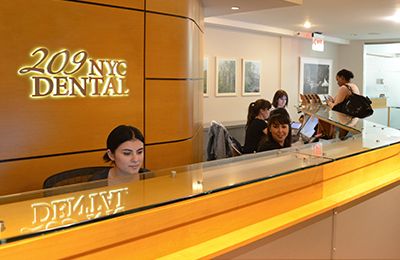 Contact us
Contact us
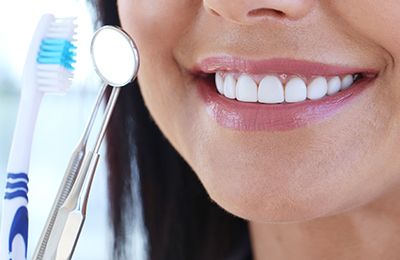 Diagnostic & Preventive
Diagnostic & Preventive
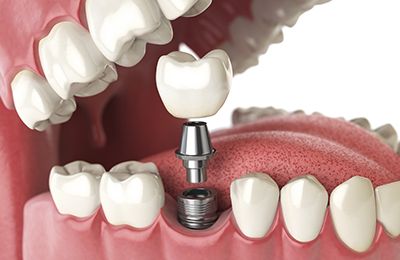 Implant Dentistry
Implant Dentistry
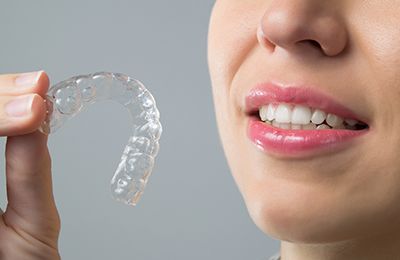 Clear Braces - Invisalign
Clear Braces - Invisalign
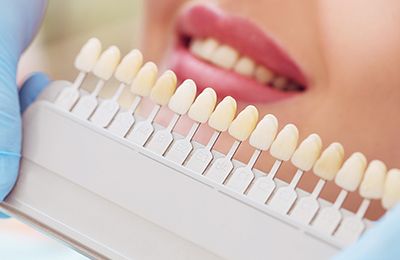 Cosmetic Dentistry
Cosmetic Dentistry
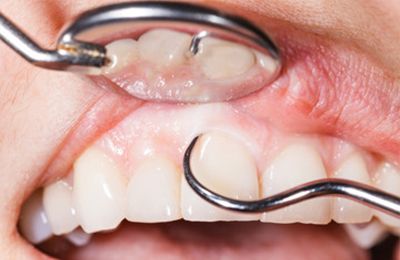 Periodontics
Periodontics
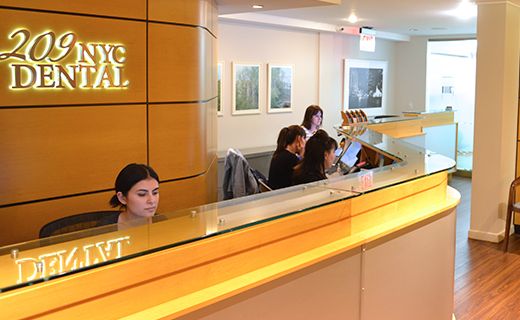 Patient Forms
Patient Forms
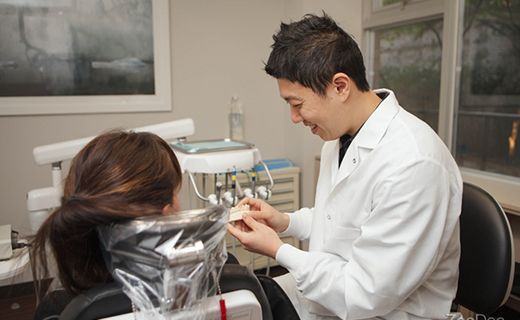 Payment Information
Payment Information
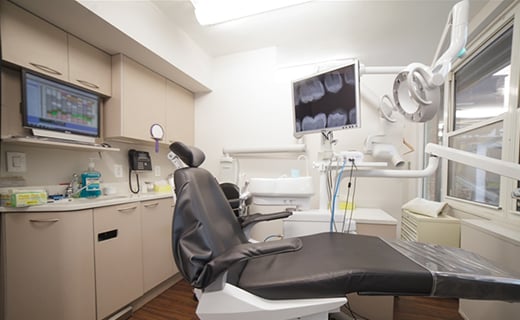 Insurance Options
Insurance Options
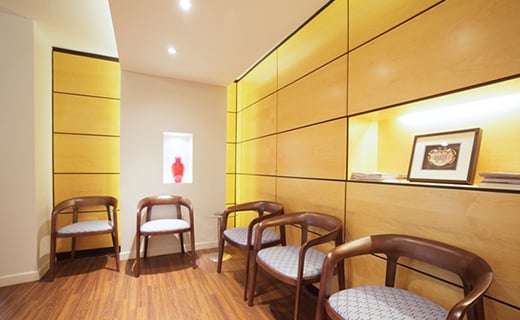 CareCredit Dental
CareCredit Dental
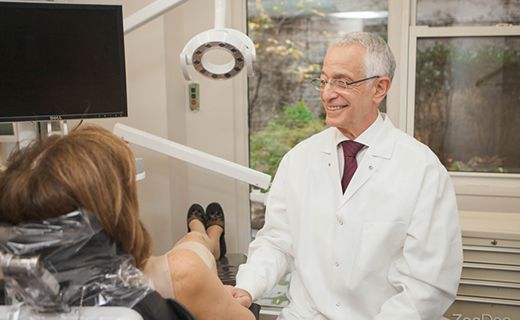 Appointment Policy
Appointment Policy
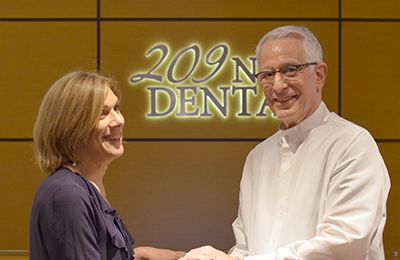 Free Consultation
Free Consultation
 Complimentary Teeth Whitening
Complimentary Teeth Whitening
 Teeth Whitening
Teeth Whitening
